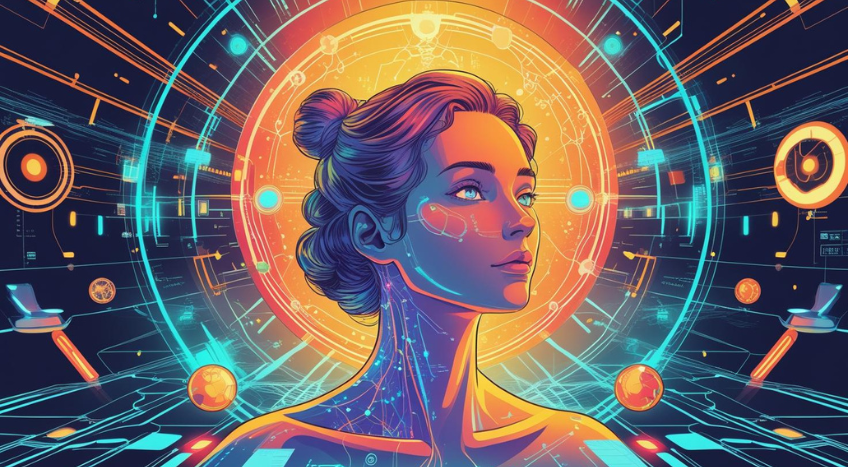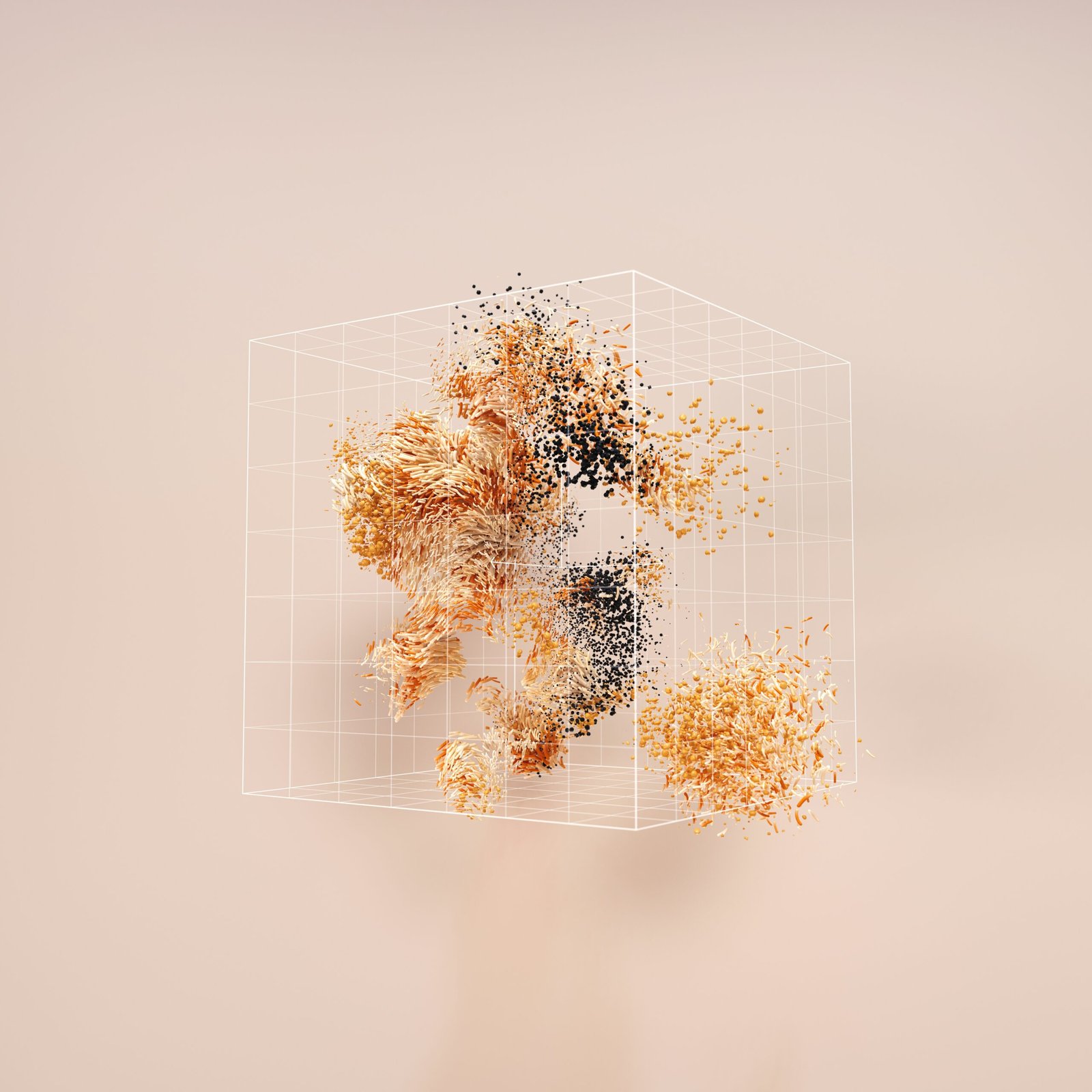
Introduction: The Digital Afterlife Is No Longer Science Fiction
The age-old human dream of immortality is taking a bold new form — not through magic, medicine, or cryogenics, but through AI, neural networks, and digital consciousness. The question is no longer if machines can think, but can they think like us — or even become us?
Welcome to the frontier of AI afterlife technologies, where mind uploading, virtual replicas, and consciousness simulations are redefining how we think about life, death, and what comes after.
What Is Digital Immortality? Uploading the Mind in the Age of AI
Digital immortality refers to the concept of preserving a person’s identity, memories, and personality in a digital format — allowing them to “live on” after physical death.
This idea relies on breakthroughs in:
Neural networks and consciousness modeling
Brain-computer interfaces (BCIs)
Massive data collection (from voice, texts, habits)
Advanced generative AI that can mimic human thought
Imagine your digital twin—an AI system trained on your life’s data—interacting with your loved ones even decades after you’re gone. Companies like Replika, Eternime, and MindBank AI are already experimenting with such technologies.
The Role of Neural Networks in Consciousness Simulation
One of the biggest enablers of this vision is neural networks — the backbone of modern AI.
These complex algorithms are designed to mimic the human brain’s structure and function. By training on massive datasets (like your voice notes, writing style, and behavioral patterns), neural networks can simulate responses that feel human.
While we’re far from recreating full consciousness, AI is progressing rapidly in:
Personality replication
Realistic voice cloning
Emotionally intelligent interactions
As neural networks grow more sophisticated, the line between AI mimicry and genuine digital consciousness begins to blur.
How AI Afterlife Tech Works: A Peek into the Process
Here’s a simplified breakdown of how an AI afterlife system might be built:
Data Collection: Your emails, videos, photos, preferences, health data — everything becomes raw material.
Behavioral Modeling: AI learns your speech patterns, sense of humor, emotional responses.
Neural Net Training: Deep learning models refine their outputs to simulate how you would think or respond.
Virtual Interface: You live on — through a chatbot, virtual avatar, or even in the metaverse.
This is not just about legacy. It’s about presence, identity, and redefining death itself.
The Philosophy Behind Digital Consciousness: Are You Still You?
While the tech is advancing fast, ethical and philosophical debates are heating up even faster.
If a neural network can replicate your behavior, does that mean it’s you? Is digital consciousness really conscious, or just a high-tech illusion?
Critics argue that:
Consciousness may never be “copied”
Digital avatars lack true self-awareness
The afterlife is a spiritual, not technological, concept
Proponents counter that:
Memories and interactions define identity
Continuity through data could offer comfort and legacy
AI offers a new form of existence
Use Cases of AI Afterlife: From Memorials to Living Legacies
Virtual Memorials: Interactive AI versions of lost loved ones offering comfort and stories.
Posthumous Messaging: Pre-recorded or AI-generated messages sent on future occasions.
Knowledge Preservation: Experts’ AI versions sharing knowledge beyond their lifetimes.
Digital Companions: Ongoing presence of individuals for emotional support or legacy continuation.
Ethical and Legal Dilemmas in the Era of Digital Immortality
Creating digital versions of humans brings massive ethical concerns:
Consent: Can your data be used after death?
Authenticity: Can AI change how your story is told?
Privacy: Could these digital selves be hacked or manipulated?
Governments and tech companies will need to work together to define digital rights for the deceased.
Future Outlook: Will AI Make You Immortal?
While we’re still in the early stages of digital immortality and neural networks consciousness replication, the trajectory is clear: AI is not just helping us live better, but perhaps, live forever — in one form or another.
Whether this is a new digital reincarnation or just a simulation of self, AI afterlife technologies are forcing us to rethink mortality, identity, and what it means to exist.
Conclusion: A New Age of Being — Beyond Biology
The concept of AI afterlife may sound like a scene from Black Mirror, but the building blocks are already here. As AI, neural networks, and data science converge, we may soon have the option to exist digitally beyond our physical bodies.
It’s not just science fiction anymore — it’s a question of when, not if.

